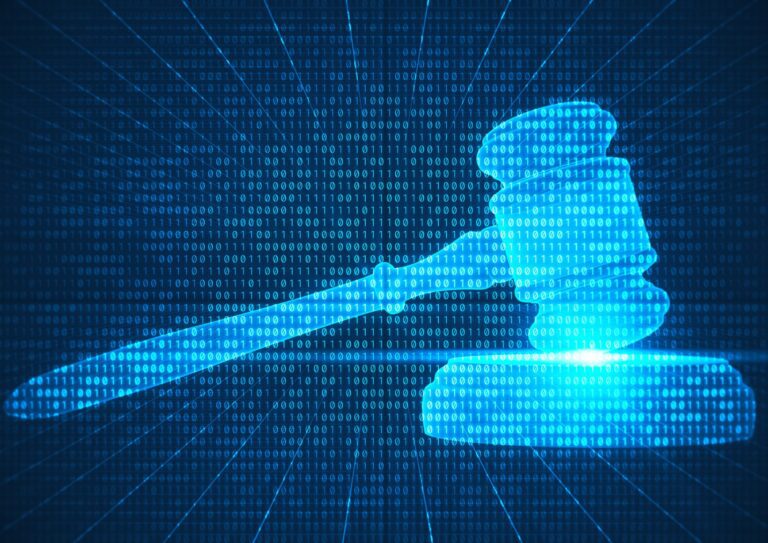Cybersecurity Legislation Stymied By One Legislator
October 23, 2023

Congress has passed a number of cybersecurity bills dating back to the Trump administration and continuing until 2023 when that rare show of bipartisanship came to a screeching halt. The Washington Post reports that one lawmaker appears to be responsible: Sen. Rand Paul (R-Ky.).
Paul has used his post on the Senate Homeland Security and Governmental Affairs Committee to block a minimum of 11 bills dealing with cybersecurity. His is usually the only “no” vote. Senate rules allow a single senator to effectively block bills from advancing.
Paul’s objection is his assertion that the Department of Homeland Security and its main cyber agency, the Cybersecurity and Infrastructure Security Agency, are doing an end-around to achieve censorship of free speech online in the name of battling misinformation and disinformation.
Paul told the Washington Post that “CISA has blatantly violated the First Amendment and colluded with big tech to censor the speech of ordinary Americans.”
Paul views appear to be at odds with his Senate colleagues, but he isn’t alone in his views. Recently the 5th Circuit revised one of its opinions to assert that CISA probably violated the First Amendment. CISA Executive Director Brandon Wales denies providing any guidance on specific disinformation to social media companies. “We have been very clear that we have never censored anyone’s speech,” Wales says.
Paul notes that federal courts have ordered CISA to stop, but claims that trust cannot be restored until the agency gives a full accounting of what it has done, and Congress creates severe penalties for anyone who tries to censor speech, either information or disinformation, in the future.
Critical intelligence for general counsel
Stay on top of the latest news, solutions and best practices by reading Daily Updates from Today's General Counsel.
Daily Updates
Sign up for our free daily newsletter for the latest news and business legal developments.


